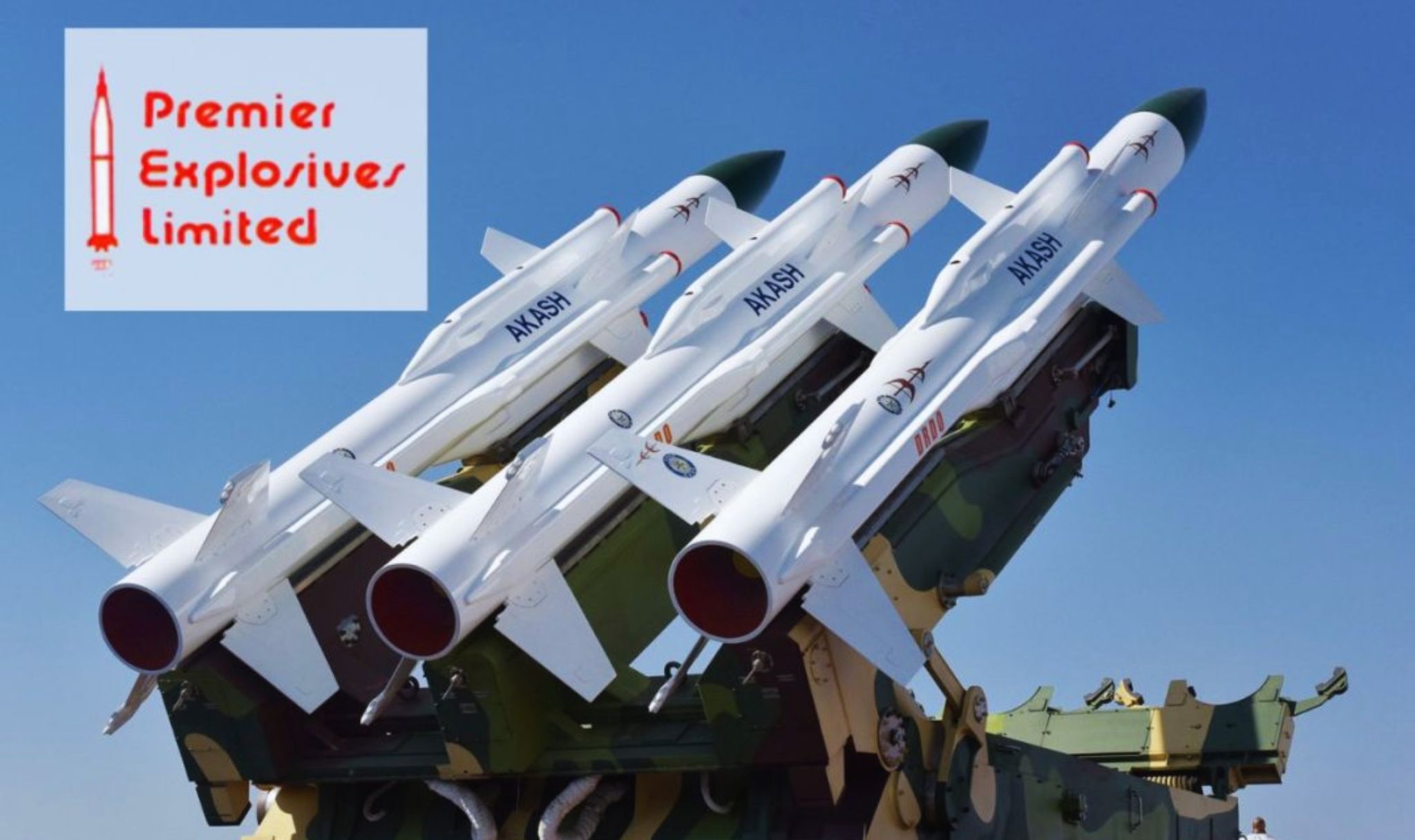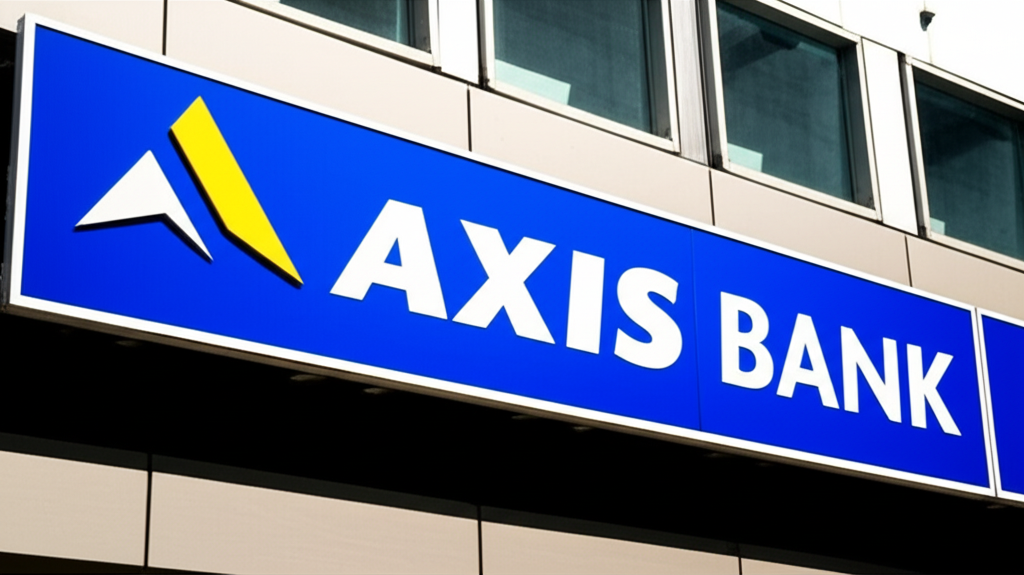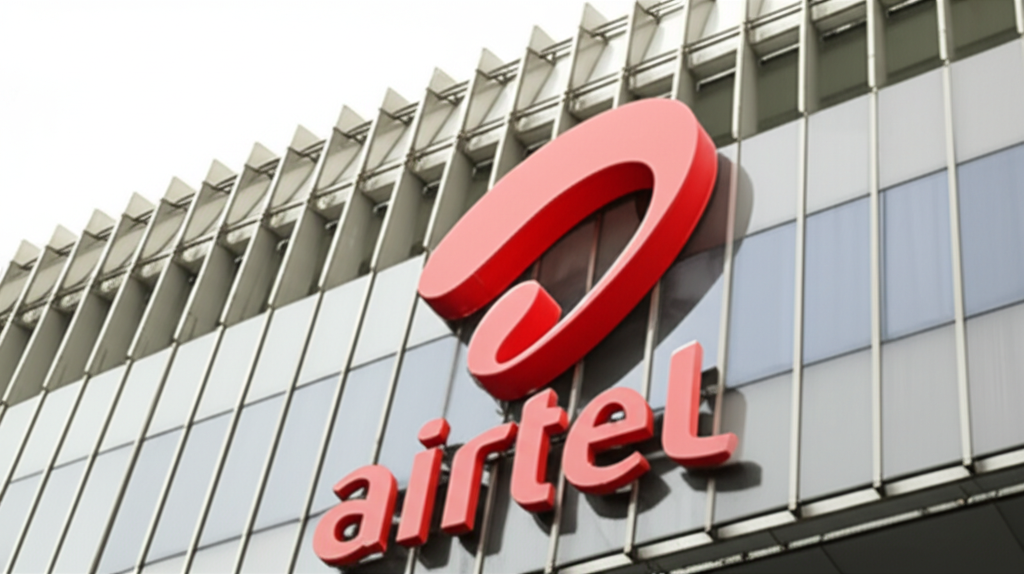On May 13, 2025, shares of Premier Explosives Limited, a leading Indian manufacturer of high-energy materials, fell by approximately 4% in early trading on the Bombay Stock Exchange (BSE). The decline followed the announcement of a closure order issued by the Telangana Pollution Control Board (TPCB), mandating the immediate cessation of all industrial activities at the company’s factory in Katepally Village, Motakondur Mandal, Yadadri-Bhuvanagiri District, Telangana. The order was a direct consequence of a tragic fire and explosion at the facility on April 29, 2025, which claimed three lives and injured six others. This article delves into the details of the incident, the reasons behind the factory closure, the impact on Premier Explosives’ stock performance, and the broader implications for the company and its stakeholders.
Background of Premier Explosives Limited
Premier Explosives Limited, incorporated in 1980, is a small-cap company with a market capitalisation of approximately ₹2,197.49 crore as of early 2025. Headquartered in Secunderabad, Telangana, the company specialises specialisesfacture of high-energy materials, including bulk explosives, packaged explosives, detonators, detonating fuses, solid propellants, pyrogen igniters, and pyro devices. These products find applications in diverse sectors such as mining, infrastructure, defence, space, and homeland security.
The company has established itself as a pioneer in indigenizing explosive manufacturing technologies, particularly for defence and space applications. It is the only domestic manufacturer and supplier of solid propellants to India’s defense sector and has key clients such as Bharat Electronics, the Indian Space Research Organisation (ISRO), and Bharat Dynamics Ltd. Premier Explosives operates multiple manufacturing units, with two significant facilities in Telangana: one at Peddakandukur and the other at Katepally, the latter being the site of the recent incident. The company’s defence and space segment accounts for 84% of its revenue in the first nine months of FY25, underscoring the strategic importance of its operations.
The Katepally Factory Incident
On April 29, 2025, a catastrophic fire and explosion occurred at Premier Explosives’ Katepally factory, specifically in the propellant mixing building (Block 18a). The incident, reported at around 4:55 PM, resulted in the deaths of three workers, identified as G. Sandeep, Ch. Charan and Naresh injured six others, including Bugga Lingaswamy, Srikanth, and Mahendar. The explosion was powerful enough to be heard kilometres away, causing the collapse of the building housing the affected block and significant damage to equipment and infrastructure.
According to company statements and media reports, emergency measures were promptly initiated under the supervision of directors and senior officers, which helped contain the explosion’s impact in the immediate area. The injured were rushed to hospitals in Hyderabad for treatment, and the company expressed its condolences to the bereaved families. The exact cause of the explosion remains under investigation, with Premier Explosives cooperating fully with relevant authorities, including the TPCB and local law enforcement.
This was not the first safety incident at Premier Explosives’ Telangana facilities. On January 4, 2025, a fire at the company’s Peddakandukur factory in the same district resulted in one death and one severe injury, causing damage to a pyrotechnic manufacturing facility. The recurrence of such incidents within a short period raised concerns about the company’s safety protocols and operational oversight.
Telangana Pollution Control Board’s Closure Order
Following the April 29 explosion, the TPCB conducted an investigation into the incident and, on May 7, 2025, issued a closure order to Premier Explosives. The order directed the company to halt all industrial activities at the Katepally factory with immediate effect, citing environmental and safety violations. The TPCB’s decision was likely influenced by the severity of the explosion, the loss of lives, and the potential environmental hazards posed by the facility’s operations.
The closure order was a significant blow to Premier Explosives, as the Katepally factory is a critical component of its defence and space segment, which constitutes the majority of its revenue. The company responded by stating that it is taking all necessary recourse with the TPCB to regain consent to operate at the earliest. However, the timeline for resuming operations remains uncertain, pending the outcome of ongoing investigations and compliance with regulatory requirements.
Stock Market Reaction
The announcement of the factory closure triggered an immediate negative reaction in the stock market. On May 13, 2025, Premier Explosives’ share price fell by 4.07% in the opening trade, quoting at ₹432.70 on the BSE at 9:21 AM, down ₹18.35 from the previous close. The decline reflected investor concerns about the operational and financial implications of the closure, as well as the potential reputational damage to the company.
The stock had already experienced significant volatility in the preceding weeks. On April 30, 2025, following the initial announcement of the explosion, shares plummeted by nearly 18%, reaching a low of ₹383.55, with trading volumes surging to 9.8 times the 30-day average. The closure order exacerbated these concerns, contributing to a further erosion of investor confidence. Over the past 12 months, the stock has declined by 16.60%, and year-to-date, it has fallen by 21.93%, underperforming the broader NSE Nifty 50 Index, which saw a marginal decline of 0.02% on the same day.
Despite the recent setbacks, Premier Explosives’ stock has shown resilience over the longer term, delivering a three-year return of 387.92% as of April 2025, significantly outperforming the Nifty 50’s 42.29% return over the same period. However, the company’s high price-to-earnings (P/E) ratio of 77.71 and price-to-book (P/B) ratio of 11.13 suggest that the stock is trading at a premium, potentially amplifying downside risks in the face of adverse developments.
Financial and Operational Impact
The closure of the Katepally factory is expected to have a material impact on Premier Explosives’ operations and financial performance. The facility is integral to the company’s defence and space segment, which has been a key driver of revenue growth. In the third quarter of FY25 (October–December 2024), the company reported a consolidated total income of ₹166.14 crore, up 73.68% quarter-on-quarter and 250.23% year-on-year, with a net profit of ₹9.23 crore, reflecting a 436.6% year-on-year increase. The Katepally factory’s contribution to these figures is significant, and its closure could disrupt production schedules, delay order fulfillments, and strain cash flows.
In March 2025, Premier Explosives secured an export order worth ₹18.90 crore for the supply of defence explosives to be delivered within five months. The suspension of operations at Katepally may jeopardise the company’s ability to meet these commitments, potentially leading to penalties or loss of contracts. Additionally, the company’s joint venture with Global Munition Limited, announced in December 2024, aims to contribute ₹500 crore to turnover over the next three years. The factory closure could delay the realisation of these benefits, impacting long-term growth prospects.
The financial impact is compounded by the costs associated with the explosion, including compensation for affected families, medical expenses for the injured, and repairs to damaged infrastructure. While the company has stated that the damaged assets at the Peddakandukur facility (from the January fire) were fully insured, it is unclear whether similar coverage applies to the Katepally incident. The company is currently assessing the financial losses, which could further strain its balance sheet.
Regulatory and Safety Concerns
The repeated incidents at Premier Explosives’ Telangana factories have spotlighted the company’s safety and environmental practices. The TPCB’s closure order reflects growing regulatory scrutiny of industrial operations, particularly in high-risk sectors like explosives manufacturing. The Katepally factory’s operations involve the handling of volatile materials, such as propellants and pyrotechnics, which require stringent safety protocols to prevent accidents.
The April 29 explosion and the earlier January 4 fire suggest potential lapses in safety management, including inadequate risk assessments, insufficient training, or failure to maintain equipment. The TPCB’s investigation may uncover violations of environmental regulations, such as improper disposal of hazardous materials or emissions exceeding permissible limits. To resume operations, Premier Explosives will need to demonstrate compliance with all regulatory standards, which could involve significant investments in safety upgrades and environmental safeguards.
The incidents also raise broader questions about the regulatory framework governing India’s explosives industry. While Premier Explosives has been a pioneer in indigenizing technology, the high-risk nature of its operations underscores the need for robust oversight and enforcement. The company’s cooperation with authorities and its commitment to addressing safety concerns will be critical to restoring stakeholder confidence.
Stakeholder Reactions
The factory closure and the preceding explosion have elicited varied responses from stakeholders. Employees and local communities in Katepally have expressed grief and concern over the loss of lives and injuries. The incident has also sparked discussions about workplace safety and the need for better protections for workers in hazardous industries. Local media, such as Telangana Today, reported on the explosion’s impact, highlighting the human toll and the community’s demand for accountability.
Investors, as reflected in the stock price decline, are wary of the operational disruptions and potential financial losses. Posts on X, such as those from @CapitalMarket17 and @EquiNews_India, indicate a negative market sentiment, with analysts viewing the closure as a significant setback. The high trading volumes following the explosion and closure announcements suggest heightened investor activity, possibly driven by speculative trading or profit-taking.
Premier Explosives’ management has sought to reassure stakeholders by emphasising its efforts to regain operational consent and mitigate the impact of the closure. The company’s leadership, including Chairman Dr. A.N. Gupta and Managing Director T.V. Chowdary, faces the challenge of balancing regulatory compliance with operational continuity while addressing the concerns of investors, employees, and regulators.
Industry Context and Competitive Landscape
Premier Explosives operates in a niche but competitive segment of the chemicals and explosives industry. Its key peers include Solar Industries India Ltd. and GOCL Corporation, both of which have a stronger market presence and higher dividend yields. Solar Industries, for instance, has a dividend yield of 0.06%, compared to Premier Explosives’ 0.11%, while GOCL Corporation offers 1.4%. The company’s low return on equity (ROE) of 6.93% over the past three years and high valuation metrics make it less attractive to value investors compared to its peers.
The closure of the Katepally factory could weaken Premier Explosives’ competitive position, particularly in the defence and space sectors, where reliability and timely delivery are paramount. Competitors may capitalise on the company’s operational challenges to capture market share or secure contracts. However, Premier Explosives’ long-standing relationships with ISRO, DRDO, and other defence entities, coupled with its unique capabilities in solid propellant manufacturing, provide a degree of resilience.
Future Outlook
The path forward for Premier Explosives hinges on its ability to address the regulatory, operational, and reputational challenges arising from the Katepally factory closure. Key priorities include:
- Regulatory Compliance: The company must work closely with the TPCB to resolve safety and environmental concerns, potentially investing in upgraded facilities, enhanced training, and stricter protocols. A transparent investigation into the explosion’s cause will be critical to rebuilding trust.
- Operational Recovery: Resuming operations at Katepally as soon as possible is essential to minimising financial losses and fulfilling existing orders. The company may need to rely on its Peddakandukur facility or other units to bridge the gap, though this could strain capacity.
- Financial Management: Premier Explosives will need to manage the costs of the incident, including legal liabilities, repairs, and potential fines, while maintaining liquidity. Its low debt-to-equity ratio of 0.28 provides some financial flexibility, but prolonged disruptions could erode profitability.
- Stakeholder Communication: Clear and consistent communication with investors, employees, and customers will be vital to maintaining confidence. The company’s recent joint ventures and export orders demonstrate growth potential, which management should leverage to offset negative perceptions.
- Safety Overhaul: Implementing comprehensive safety reforms will be essential to preventing future incidents. This may involve third-party audits, adoption of global best practices, and collaboration with industry experts to enhance risk management.
In the longer term, Premier Explosives’ strategic initiatives, such as its joint venture with Global Munitions and its focus on defence and space applications, position it for growth in India’s expanding defence sector. The government’s push for self-reliance under the Aatmanirbhar Bharat initiative aligns with the company’s capabilities, provided it can overcome its current challenges.
Conclusion
The 4% slip in Premier Explosives’ shares on May 13, 2025, reflects the immediate market reaction to the closure of its Katepally factory, a consequence of a tragic explosion that highlighted significant safety and regulatory issues. While the company has a strong track record in indigenizing explosive technologies and serving critical sectors, the repeated incidents at its Telangana facilities have exposed vulnerabilities in its operations. The closure poses short-term financial and operational risks, but Premier Explosives’ efforts to address regulatory concerns, enhance safety, and leverage its strategic partnerships could pave the way for recovery.
The incident underscores the broader challenges faced by India’s explosives industry, where the balance between innovation, safety, and environmental compliance is delicate. For Premier Explosives, the coming months will be a test of its resilience and ability to restore stakeholder trust. Investors, employees, and regulators alike will be watching closely as the company navigates this critical juncture.















0 Comments